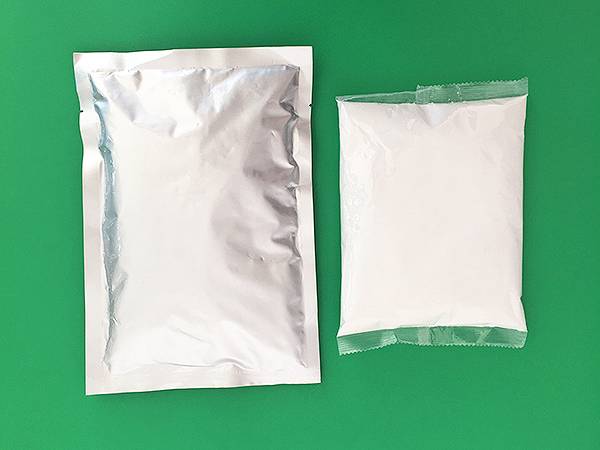



potassium chlorate vs sodium chlorate
Potassium Chlorate vs. Sodium Chlorate A Comparative Analysis
Potassium chlorate (KClO₃) and sodium chlorate (NaClO₃) are both powerful oxidizing agents used in various applications, from agriculture to pyrotechnics. While they share some chemical properties, their differences can significantly influence their behavior and utility in specific scenarios. This article explores the characteristics, applications, and safety considerations related to potassium chlorate and sodium chlorate.
Chemical Properties
Both potassium chlorate and sodium chlorate belong to the chlorate family, which consists of a chlorine atom bonded to three oxygen atoms, combined with a metal ion. The metal in potassium chlorate is potassium (K), while in sodium chlorate, it is sodium (Na). These differences in metal components contribute to their distinct solubilities, stability, and reactivity.
Potassium chlorate is generally slightly less soluble in water compared to sodium chlorate. At room temperature, potassium chlorate has a solubility of about 7.2 g per 100 mL of water, whereas sodium chlorate is more soluble, with approximately 10 g per 100 mL. This increased solubility of sodium chlorate allows for higher concentrations of the compound in solution, making it a preferred choice for certain applications, such as herbicide formulations.
Applications
Potassium chlorate is predominantly utilized in the manufacturing of fireworks and explosives due to its ability to release oxygen when heated. This promotes rapid combustion and enhances the brightness and intensity of the pyrotechnic display. Additionally, potassium chlorate has been employed in the production of safety matches, as it acts as an effective oxidant that can ignite with friction.
Sodium chlorate, on the other hand, has found extensive use in herbicides, particularly in the agricultural sector. Its effectiveness in killing weeds and unwanted plants makes it an invaluable tool for farmers. Furthermore, sodium chlorate is utilized in the production of chlorine dioxide, a powerful disinfectant used for water treatment. Due to its ability to break down organic matter and kill bacteria, it is commonly employed in municipal drinking water systems.
Safety Considerations
potassium chlorate vs sodium chlorate

When handling both potassium chlorate and sodium chlorate, safety precautions are paramount
. Both compounds are classified as strong oxidizers, which means they can facilitate combustion and exacerbate fires if not handled properly. Mixing either compound with organic materials or reducing agents can lead to violent reactions and potential explosions.Potassium chlorate is particularly sensitive to shock and friction, making it hazardous to store or transport in scenarios where it may be subject to impact. Sodium chlorate, while also dangerous, tends to be more stable. However, its concentrated solutions can still pose risks.
Personal protective equipment (PPE) such as gloves, goggles, and masks is recommended when handling these chemicals to prevent skin and eye contact, as well as inhalation of dust or vapors. Moreover, both compounds should be stored in cool, dry places away from combustible materials and incompatible substances.
Environmental Impact
Both potassium chlorate and sodium chlorate can have ramifications on the environment. When used as herbicides, they can potentially contaminate soil and water sources. Sodium chlorate, in particular, can persist in the environment and disrupt ecosystems if released in excessive quantities.
Regulations governing the use of chlorates vary by country, focusing on their environmental impact and safety for human health. Responsible usage, adherence to application guidelines, and proper disposal are essential to minimize their negative effects on the environment.
Conclusion
In summary, potassium chlorate and sodium chlorate are both potent chemicals with unique properties and applications. Potassium chlorate is commonly associated with pyrotechnics, while sodium chlorate is predominantly used in agriculture and water treatment. Despite their similarities, the differences in solubility, stability, and reactivity dictate their respective uses. As with all chemicals, appropriate safety measures should be taken to mitigate risks, and environmental considerations must guide their application to ensure sustainable practices.
-
Why Sodium Persulfate Is Everywhere NowNewsJul.07,2025
-
Why Polyacrylamide Is in High DemandNewsJul.07,2025
-
Understanding Paint Chemicals and Their ApplicationsNewsJul.07,2025
-
Smart Use Of Mining ChemicalsNewsJul.07,2025
-
Practical Uses of Potassium MonopersulfateNewsJul.07,2025
-
Agrochemicals In Real FarmingNewsJul.07,2025
-
Sodium Chlorite Hot UsesNewsJul.01,2025










